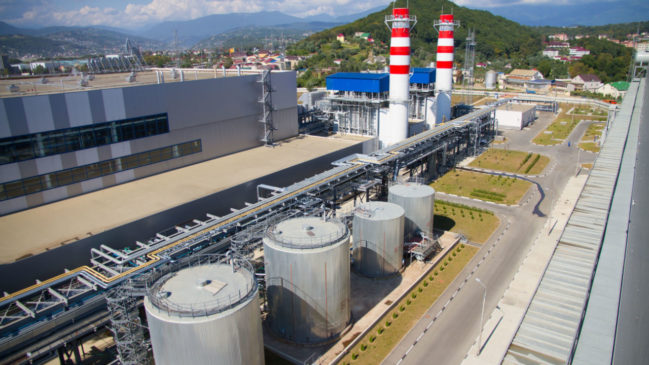Growing electricity consumption in the crypto mining sector may require the construction of new power generation facilities in Siberia, the energy minister of Russia has acknowledged. Demand continues to increase in residential areas as well, after regional authorities abandoned a proposal to introduce higher tariffs for Russians minting digital coins at their homes.
Authorities in Russia Think New Energy Infrastructure, Generation Capacities in Crypto Mining Regions
Russian Minister of Energy Nikolay Shulginov has recognized the increased demand for electricity from cryptocurrency miners in some parts of Siberia where the industry has been expanding. Additional generating capacities may be necessary to meet their needs, he indicated, quoted by local media and crypto news outlets.
Shulginov did not reveal specific plans but made it clear that Russian authorities in these regions are considering the further development of the energy networks used by mining companies and the construction of more power plants. The grids in the Republic of Khakassia and Irkutsk Oblast are currently experiencing the greatest loads, Bits.media reported.
“The position of the Ministry of Energy has always been based on the need to create working conditions for mining,” the government official emphasized. He also noted that electricity consumption of the population has risen as well, sometimes causing damage to the distribution networks.
“As for industrial mining, it is also growing, mainly in regions where the tariff is low. In these regions, we are seeing significant consumption growth, which we must take into account,” Shulginov commented in an interview with the Russia-24 TV channel and elaborated:
Most likely, it won’t go without the construction of generation [capacities] in the southeastern part of the unified energy system of Siberia.
Energy-Rich Irkutsk Maintains Low Electricity Rates for Crypto Miners
Crypto mining has been expanding in Russia, a country with abundant low-cost energy resources and cool climate, both as a profitable business activity and as an additional source of income for many ordinary Russians minting in basements and garages. According to a study published in October, bitcoin mining revenue in Russia grew 18 times in four years before markets and sanctions hit it this year.
At-home mining has been blamed for breakdowns and blackouts in places such as Irkutsk, dubbed the mining capital of Russia, which offers some of the lowest electricity rates in the country. A proposal to introduce differentiated tariffs, increasing energy costs for amateur miners in order to limit consumption, was backed by the energy ministry but eventually rejected by local authorities with the exception of the region of Kemerovo.
In early December, Deputy Energy Minister Pavel Snikkars said that the industry may see a two-fold increase in its share of Russia’s total power consumption in 2022. His department and the Bank of Russia supported a bill designed to regulate cryptocurrency mining but lawmakers postponed the adoption of the draft law for 2023.
Do you think the Russian government will take steps to ensure energy supplies for cryptocurrency miners? Tell us in the comments section below.
Image Credits: Shutterstock, Pixabay, Wiki Commons
Disclaimer: This article is for informational purposes only. It is not a direct offer or solicitation of an offer to buy or sell, or a recommendation or endorsement of any products, services, or companies. Bitcoin.com does not provide investment, tax, legal, or accounting advice. Neither the company nor the author is responsible, directly or indirectly, for any damage or loss caused or alleged to be caused by or in connection with the use of or reliance on any content, goods or services mentioned in this article.



